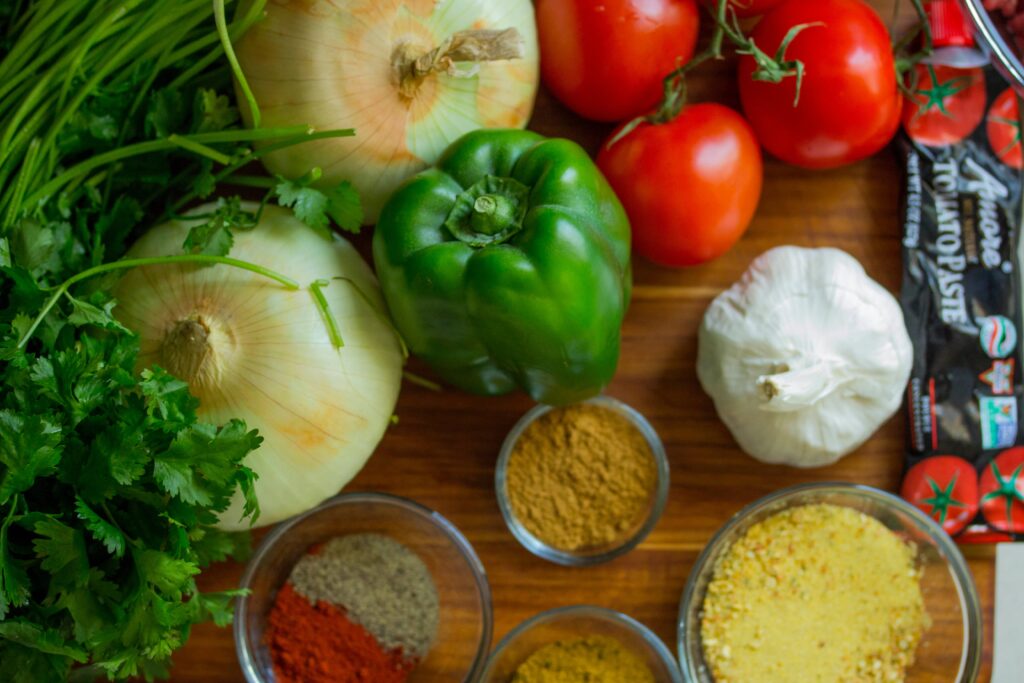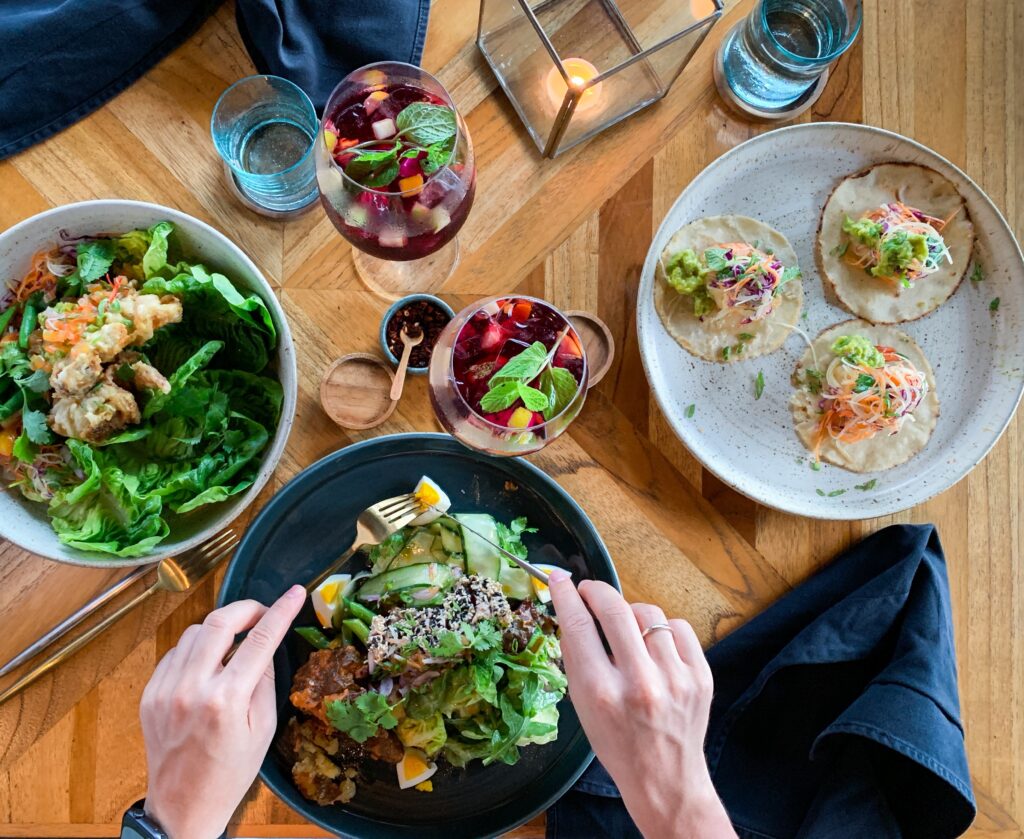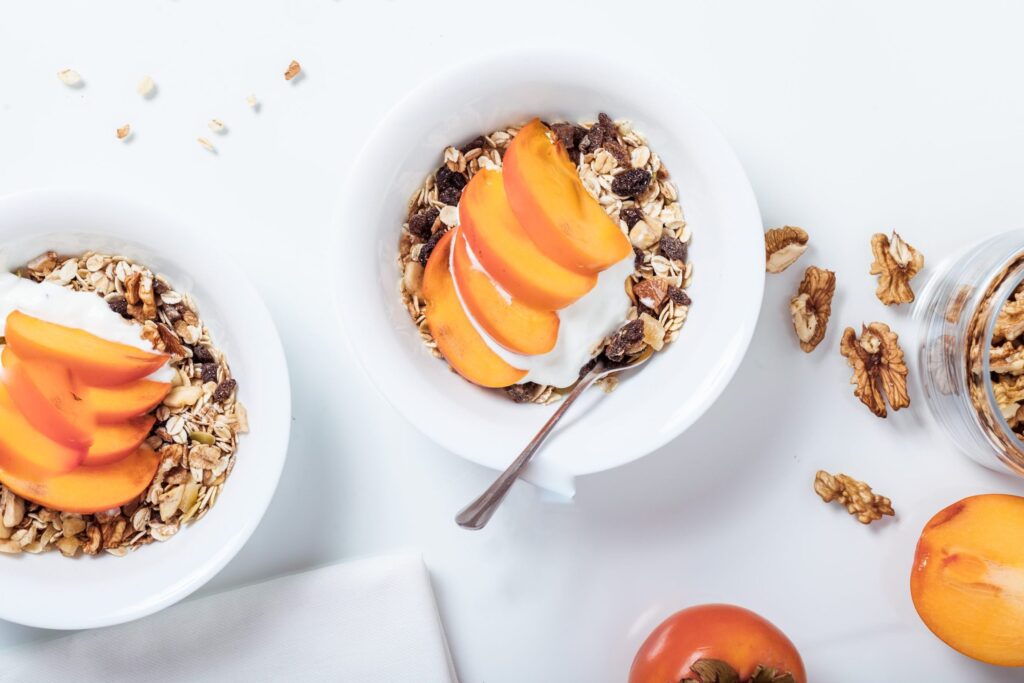You might have heard the phrase “you are what you eat”. To make this more accurate, we should change this to “you are what you absorb”. A suboptimal gut environment may not allow for effective breakdown and absorption of the food you eat which means you won’t benefit from all the goodness.
Stomach acids play a huge role when it comes to digestion and low stomach acids can present with symptoms such as abdominal pain, bloating, gas and reflux. Heartburn is rarely due to too much stomach acids but more often the opposite, too little. You might also get symptoms linked to nutrient deficiency such as hair loss, paleness, fatigue, memory loss and headaches.
If you experience any of these symptoms, the below tips can help support digestion and the production of stomach acids in a natural way.
1. Digestion starts in the brain when we see and smell food so cooking is the best way to kick start the release of digestive juices.
2. Eating in a rush is never a good idea. When we are stressed, even if it’s just caused by a traffic jam, our bodies go into “fight or flight” mode. The body perceives all stressors the same and will deprioritise digestion. If there was a real threat, digesting food would become secondary, running from a tiger becomes the priority.
Avoid eating on the go and try to remove any distraction such as laptop or mobile phones to allow for the body to absorb the nutrient and break down the food you just ate.
3. Saliva contains digestive enzyme which helps with digestion so it’s important to make sure food is being properly chewed. The aim is to chew the food until it loses its texture.
4. Start your meal by consuming bitter foods as they can aid digestion by stimulate the production of digestive juices. Bitter foods include rocket, dandelion greens, artichokes, brussels sprouts and kale. Rocket with some extra virgin olive oil is a great salad to have before your main meal.
5. Apple cider vinegar are known to promote blood sugar balance but it can also help increasing stomach acids which can reduce bloating after meals. Mix 1 tablespoon ACV with a splash of water to protect the enamel on your teeth. This can either be taken as a shot before the meal or otherwise used as a dressing mixed with some extra virgin olive oil.
6. Focus on eating real food and avoid food that has been highly processed as this can increase inflammation and won’t benefit the gut microbiome. Nutrient-dense food can help support digestion whereas highly processed foods have the opposite effect.
8. Zinc is a mineral that’s important for the production of digestive enzymes. Enzymes are proteins that are required to break down the food we eat into smaller molecules so they can be absorbed by the digestive tract. Zinc can be found in shellfish such as oysters, prawns and mussels, in meat such as chicken and beef and in nuts, seeds and legumes.
Always speak to a qualified nutritionist before starting a new supplement protocol.
If you are experience any of these symptoms or would like support when it comes to other aspects of your health, please get in touch to book a free 20-minute consultation to discovery how I can help you along this journey.












